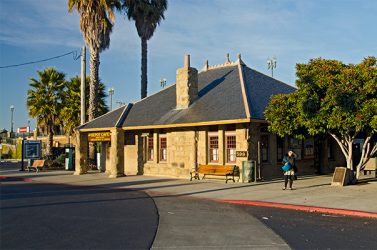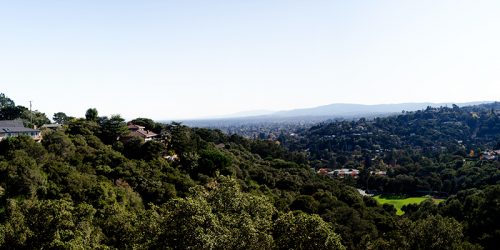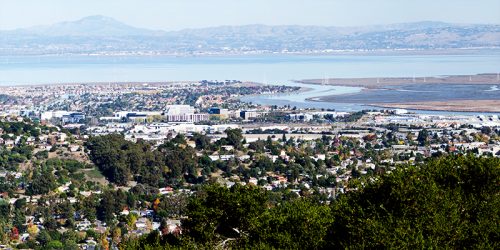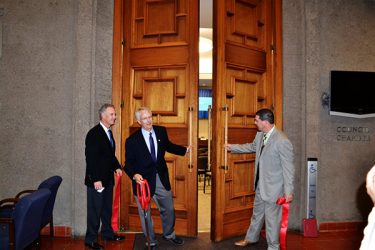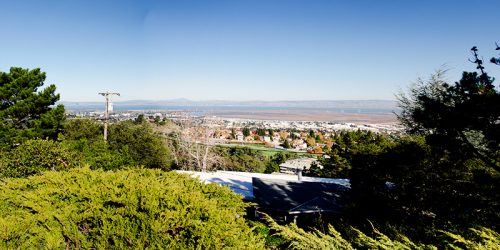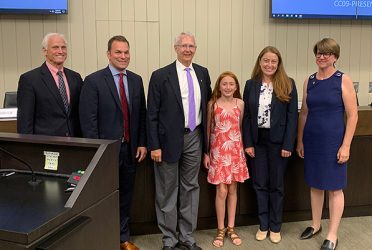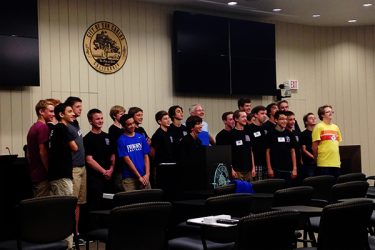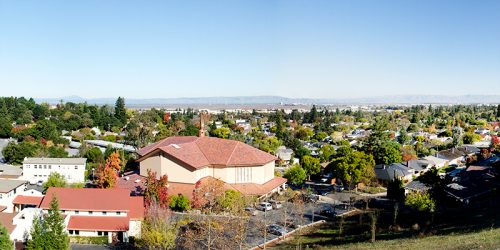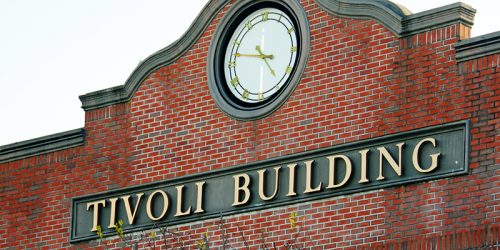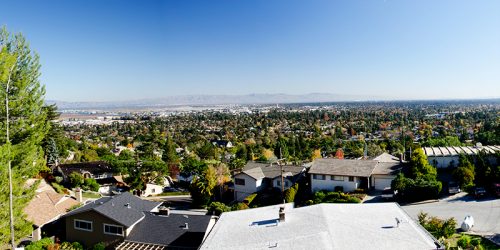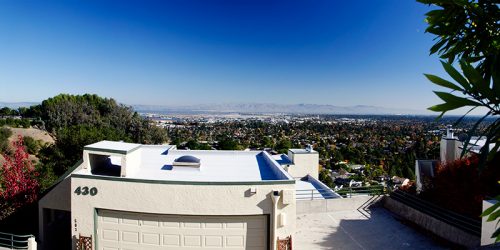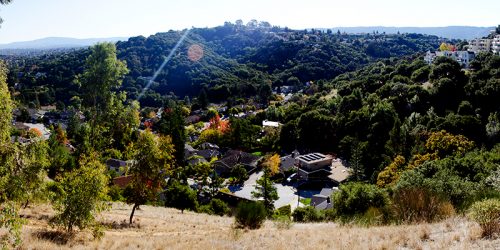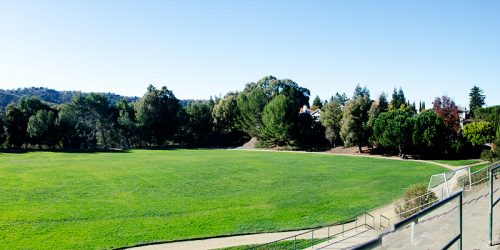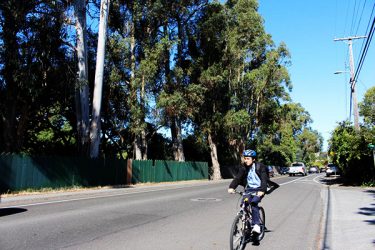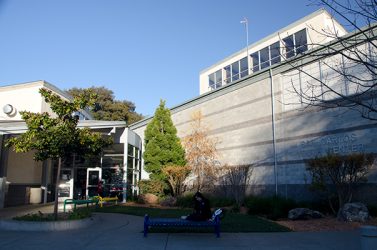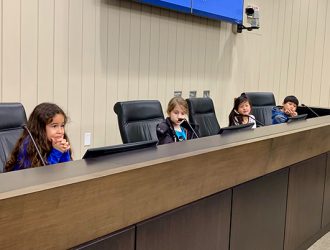This op ed ran in the Palo Alto Daily Post on December 8, 2021 (I’ll add a link to the paper’s version if and when the publisher posts a link to it). It was prompted by comments made by Gina Papan, who serves on the Millbrae City Council, about how “sustainability” argues against increasing residential housing density. While there are negative sustainability aspects to increasing housing density, there are also significant — and often overlooked — ways in which increased density supports sustainability and helps mitigate climate change.

The national community seems to – finally! – be coming around to the notion we really need to act aggressively on climate change. That doesn’t mean everyone’s on board. Getting individuals to accept changes needed to preserve the health and well-being of the community of which they are a part is always hard. Significant political change comes only after grudging acceptance of necessity.
But it’s not just the opponents of addressing climate change who are less than all-in. That’s because people are rarely consistent in their beliefs and priorities.
Take the issue of housing. Specifically, the lack of housing an average person or family can afford near the Peninsula’s major employment centers. It preserves the single-family home environment most of us sought to get by moving here. And it makes all of us early-arrival homeowners fabulously wealthy, at least on paper, as scarce supply and high demand drive up home prices to astounding levels. But it exacts a heavy price on everyone who commutes to and from work.
It also has a significant adverse climate footprint. Based on EPA and census data the average Bay Area commuter injects 3.5 tons of CO2 into the atmosphere annually.
Yet few of those seeking to mitigate climate change ever talk about the climate benefit of more local housing. The typical reaction is “yes, it’s important; but it’d be really hard to make the change.” Which is a classic sign you’re asking someone to give up something they want to protect.
This doesn’t imply a lack of sincerity about those activists’ commitment to addressing climate change. But once you’ve made adjustments to minimize your carbon footprint in other ways it’s easier to urge your neighbors to do what you’ve already done than it is to make further adjustments. Particularly if those new adjustments start impacting other aspects of how you enjoy life.
I’m not chastising anyone for having internally inconsistent political beliefs. Jefferson and FDR both drove their staffs crazy because they were adept at managing inconsistency. Yet it was a big part of why they were so successful. Jefferson, the classic “little government” President didn’t bat an eye at spending a fortune on the Louisiana Purchase. Emerson famously observed “a foolish consistency is the hobgoblin of little minds, adored by little statesmen and philosophers and divines.” Life is too complex for complete consistency.
But I do hope those of us pushing to combat climate change will broaden our focus to also include moving people and jobs closer to each other. Either by pushing jobs out – even though that would likely harm the local economy, reduce local tax revenues and deflate home prices – or by building more housing closer to where the jobs already are.
Because striking a better balance would improve the lives of enormous numbers of people. It would also make it possible for young people who grow up here to have a chance at living here without having to be the next tech or biotech millionaire.
And it would have a tremendous beneficial impact on our shared climate to boot.
